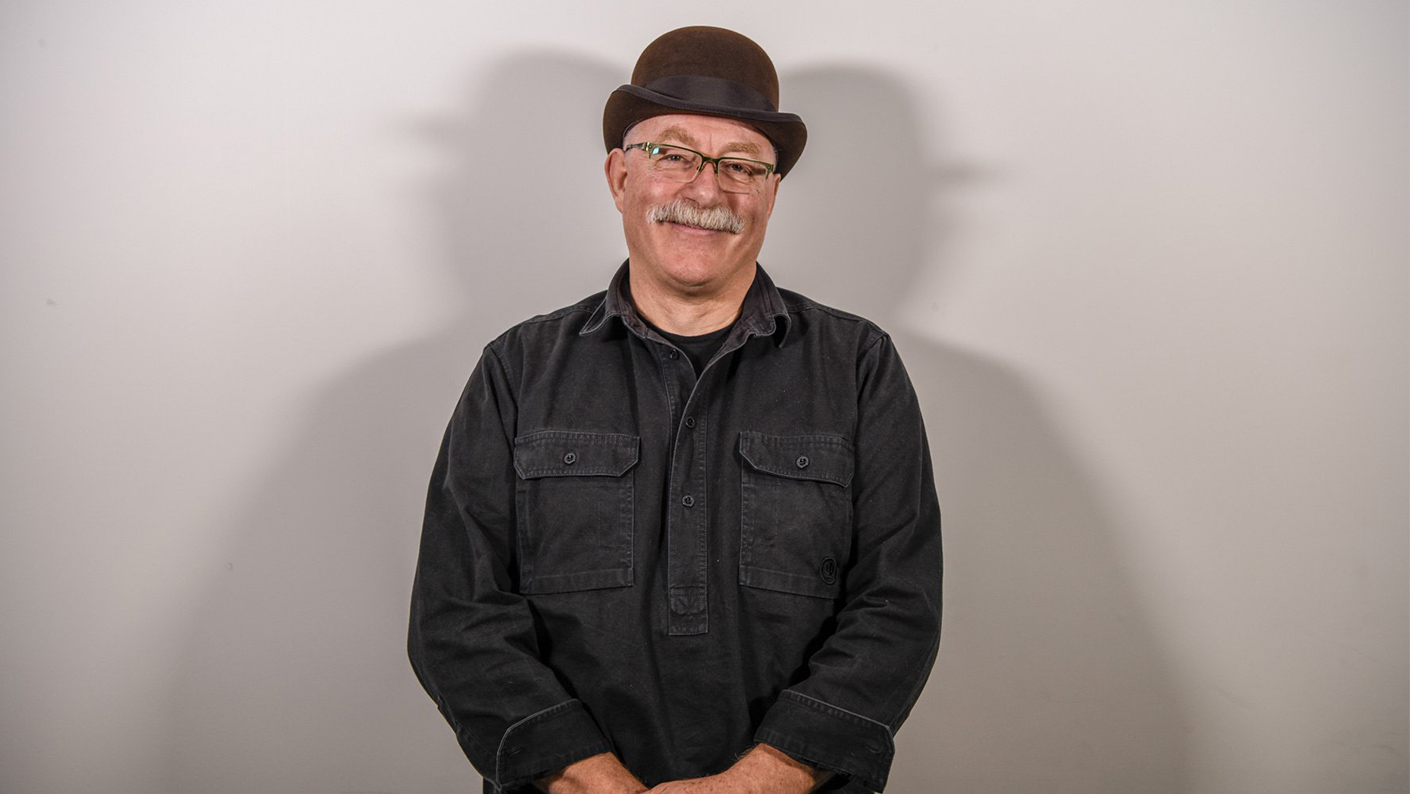The first twelve and a half years of Jim’s life would fit well into most people’s image of an idyllic childhood. He was raised on a Canterbury farm and spent most of his time doing things like riding tractors or catching trout. Then, at the age of twelve and a half, “like most farm boys,” he was sent to a boarding school. On the surface, the school was governed by what Jim describes as a “muscular Christianity.” Under that surface, it was actually governed by bullying and violence.
That violence would alter the course of Jim’s life. In his third year, two older boys accused him of disrespecting one of them. For hours, they forced him to drink warm, salty water until he began vomiting, and then they raped him with an object.
In shock, and utterly isolated, Jim kept to himself and told no one. Another student reported it and Jim was questioned by the school master. Jim could not speak.
The school master warned all of the older students to leave Jim alone, but then sent Jim to sleep in a dormitory with row upon row of older students, including the two rapists. For months, Jim spent his nights in a state of acute hyper-vigilance, waiting, preparing for the next assault. Jim still lives with that hyper-vigilance, but he has learned to contain it, to soften it, and at times to value it.
Jim has spent more than three decades working as a psychiatric nurse. It is a profession that at times has confronted him with unpleasant reminders of the trauma he endured; he has been physically assaulted by several violent patients over the years, and he is immersed in the traumas that pervade the lives of most patients. But it has also been a profession that has given Jim an opportunity to use the insight and the compassion that are legacies of what he suffered.
